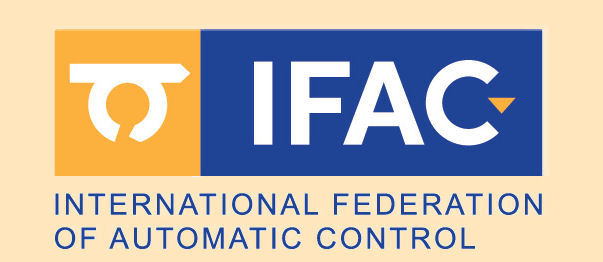| Paper FrB1.1
Huang, Qixuan (Beihang University), Fang, Jiayue (Key laboratory of information system and technology,Beiji), Suo, Mingliang (Beihang University), Lyu, Yan (Key laboratory of information system and technology,Beijing inst), Zhang, Weiwei (Beihang University), Wu, Yunlong (Beihang University), Li, Bin (Beihang University), Lian, Zhixuan (Beihang University)
Deduction and Evaluation of Key Parameter Quality Using an Adaptive Threshold-Based Algorithm
Scheduled for presentation during the Invited session "Estimation and Prediction" (FrB1), Friday, November 1, 2024,
10:30−10:50, Room T1
7th IFAC Conference on Engine and Powertrain Control, Simulation and Modeling, Oct 30 - Nov 1, 2024, Dalian, China
This information is tentative and subject to change. Compiled on December 16, 2025
|


 This site is protected by copyright and trademark laws under US and International law.
This site is protected by copyright and trademark laws under US and International law.